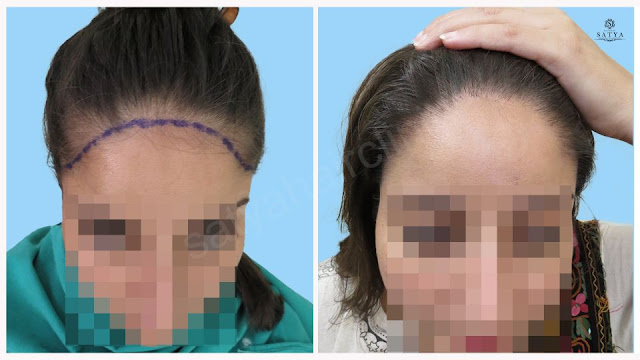Does Testosterone Replacement Therapy Lead to Hair Loss?
Testosterone Replacement Therapy (TRT) is a common treatment option for men experiencing low testosterone levels, also known as hypogonadism. While TRT has been shown to be effective in improving symptoms of low testosterone such as decreased energy, sex drive, and muscle mass, one potential side effect that concerns many men is hair loss. In this article, we will explore the relationship between TRT and hair loss, and what you can do to minimize this risk.
Testosterone is a hormone produced by the testicles in men, and is responsible for the development of male characteristics such as facial and body hair, muscle mass, and sex drive. Low testosterone levels can occur for a variety of reasons, including age, injury, or medical conditions such as pituitary gland dysfunction or testicular cancer. TRT involves the use of testosterone in the form of gels, patches, injections, or pellets to restore testosterone levels to normal.
Does Testosterone Replacement Therapy Cause Hair Loss?
The short answer is no, testosterone replacement therapy does not directly cause hair loss. However, it is important to understand that testosterone and hair loss are linked in a more complex way. Testosterone is converted to dihydrotestosterone (DHT) in the body, and it is this hormone that is responsible for hair loss in men. DHT is a more potent form of testosterone that is responsible for the development of male characteristics such as facial and body hair, but it can also lead to hair loss when present in excess.
Men with a genetic predisposition for hair loss may be more likely to experience hair loss while on TRT if they have high levels of DHT. This is because testosterone is converted to DHT in the body, and if the conversion process is not balanced, excess DHT can lead to hair loss. However, it is important to note that not all men experience hair loss while on TRT, and in fact, some men may even see an improvement in their hair growth.
What Can You Do to Minimize the Risk of Hair Loss on Testosterone Replacement Therapy?
If you are concerned about the potential for hair loss while on TRT, there are steps you can take to minimize this risk. These include:
- Work with a healthcare provider to monitor your testosterone levels and DHT levels: Regular monitoring of your testosterone and DHT levels can help ensure that your testosterone replacement therapy is working effectively and not causing excess DHT production.
- Consider alternative forms of testosterone replacement therapy: Some forms of testosterone replacement therapy, such as gels and patches, may be less likely to cause hair loss compared to injections or pellets. Talk to your healthcare provider about the best option for you.
- Use hair loss prevention products: There are a variety of hair loss prevention products available that can help reduce the risk of hair loss while on TRT. These include medications such as finasteride and minoxidil, as well as natural supplements such as saw palmetto and pygeum africanum.
- Manage stress: Stress can exacerbate hair loss, so it is important to manage stress levels while on TRT. This can include practicing relaxation techniques such as meditation or yoga, getting enough sleep, and maintaining a healthy diet and exercise routine.
Conclusion
Testosterone replacement therapy does not directly cause hair loss, but it is possible for men with a genetic predisposition for hair loss to experience hair loss while on TRT if they have high levels of DHT. If you are concerned about the potential for hair loss while on TRT, work with your healthcare provider to monitor your testosterone and DHT levels and consider alternative forms of testosterone replacement



Comments
Post a Comment